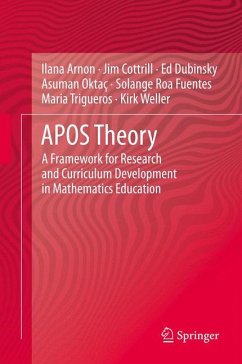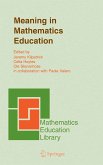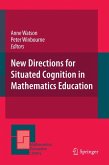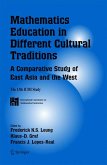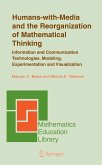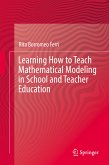Although APOS Theory has been used extensively in numerous scholarly publications, in the design of textbooks, and in teaching practice, there is no single reference that contains all the relevant information about its components, and provides guidance about its application. The goal of this book is to present the main elements of APOS Theory and its use. The book is intended to be useful for Mathematics Education researchers, graduate students in Mathematics Education, and Mathematics instructors who work with, or would like to learn more about, this theoretical approach, and who are interested in how, according to this theory, individuals construct their understanding of mathematical concepts.
Dieser Download kann aus rechtlichen Gründen nur mit Rechnungsadresse in A, B, BG, CY, CZ, D, DK, EW, E, FIN, F, GR, HR, H, IRL, I, LT, L, LR, M, NL, PL, P, R, S, SLO, SK ausgeliefert werden.

